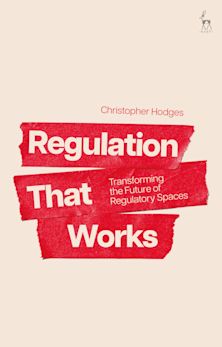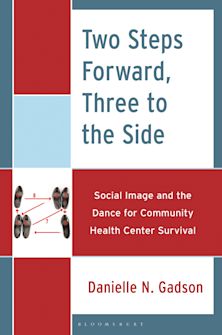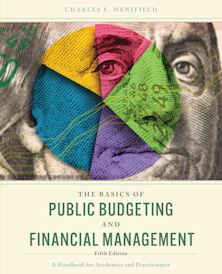- Home
- ACADEMIC
- Politics & International Relations
- Public Management, Administration and Policy
- How Karl Marx Can Save American Capitalism
How Karl Marx Can Save American Capitalism
You must sign in to add this item to your wishlist. Please sign in or create an account
Description
When the Cold War ended, some people called it the “end of history.” Capitalism and liberal democracy had prevailed. Later, when the West clashed with radical Islam, Americans realized history hadn’t ended after all—at least not abroad. Now, in How Marx Can Save American Capitalism, Ronald W. Dworkin shows us that even the home front is in play and capitalism and liberal democracy are threatened. Dworkin uses Karl Marx to tip the balance in their favor—a paradox, as Marx was the sworn enemy of capitalism and liberal democracy, but also logical, as Marx knew the weak spots in capitalism and democracy better than anyone.
In the past, capitalism’s weak spots were obvious: sweatshops, workhouses, and hunger. The twentieth century welfare state saved capitalism by fixing them. Today’s weak spots are less obvious; they don’t even seem related— mass loneliness, a declining birth rate, young people postponing adulthood, and workers using sleep aids to function on the job. Yet they pose the same risk to capitalism that child labor and horrid factory conditions once did. Marx’s ideas applied to contemporary America show how they are all of apiece. Saving capitalism demands a third way—not rigid Republican conservatism or blind Democratic state interventionism, but a new politics in which the state focuses laser-like on advanced capitalism’s unique threats to private life, while leaving much of the free market intact.
Table of Contents
Chapter 2 The New Alienation
Chapter 3 A Society of Hobos
Chapter 4 The Tin Man
Chapter 5 A Fetish for Commodities
Chapter 6 When Christianity Becomes Ideology
Chapter 7 Marx For America
Product details
| Published | 14 Jan 2015 |
|---|---|
| Format | Ebook (Epub & Mobi) |
| Edition | 1st |
| Extent | 192 |
| ISBN | 9781498509732 |
| Imprint | Lexington Books |
| Illustrations | 1 BW Photo |
| Publisher | Bloomsbury Publishing |
About the contributors
Reviews
-
Dworkin offers a compelling hook and an elucidating read into Marxist theory, one that is often misunderstood by the general public. . . .Dworkin’s strengths lie in his candid description of the political and economic landscape today, one based on an obsession with consumption, a senselessly divergent partisan system and false sense of democracy.
Journal of Politics & Society
-
His [Dworkin's] book is original.
Dick and Sharon's LA Progressive
-
In extensive, thoroughly documented analyses, Ronald Dworkin shows how well the young Marx understood modern alienation and isolation, its loneliness, service industries, love life, marital difficulties, and commodity fetishes. His striking parallels between Occupy Wall Street and the Tea Party, medieval and modern life, conservatives and progressives, laborers and knowledge workers, and religion and politics break down stereotypes and preconceptions and reveals Marx’s surprising insights into modern consumption, regulations, religion, and politics.
Philip Goldstein, University of Delaware


































